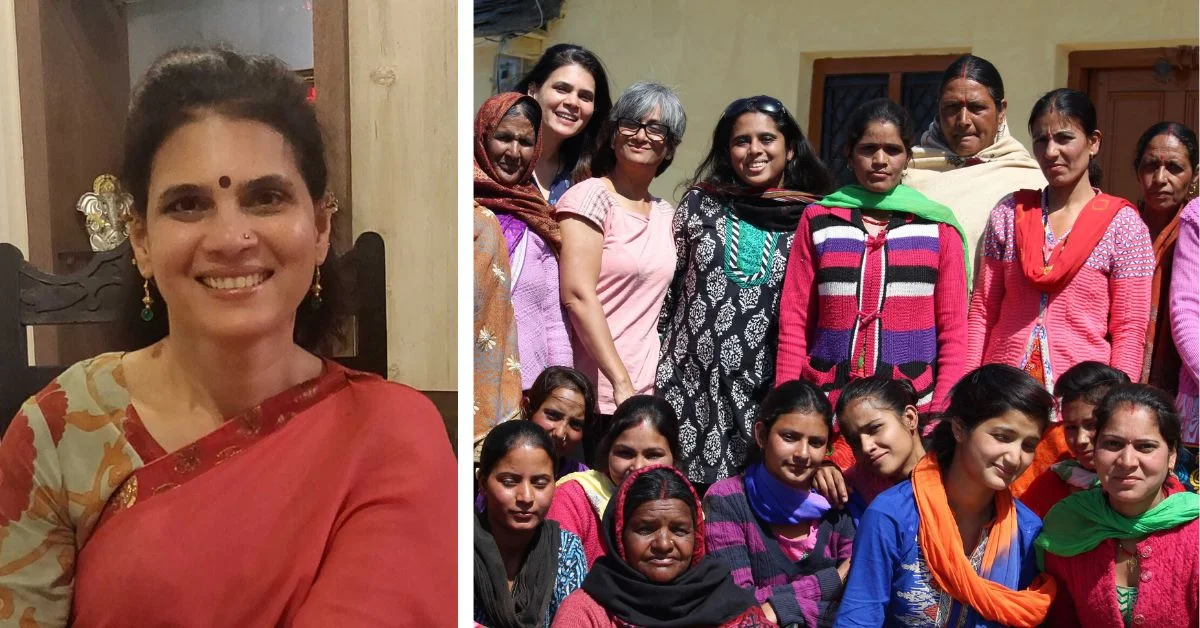“I’m a fisherwoman,” Shweta Hule tells me, her voice crisp and pressing. My first guess is that I’m delaying her from commencing her day’s work. However, as she explains, fishing just isn’t on the agenda at present. She is taking a gaggle of vacationers for a boating journey via the Mandavi Creek in Maharashtra’s Sindhudurg. This can be a welcome change in routine.
Belonging to the fisher people neighborhood of the realm, a majority of Hule’s day could be spent casting her internet into the water. However, on the best way again, she and the opposite fisher people would permit themselves a brief break throughout which they’d sit again of their boats and experience the great thing about the creek.
Within the evenings laden with baskets crammed with the contemporary catch of the day, the ladies would make their manner again to the shore. It was throughout these moments of appreciating the great thing about the coast and its outlining mangroves that Hule started harbouring a dream.
“I assumed it could be beautiful to deliver vacationers right here for boating,” she says, recalling her imaginative and prescient. Nonetheless, monetary constraints and a scarcity of aegis meant this remained a dream for a few years, till 2016, when a ray of hope emerged.
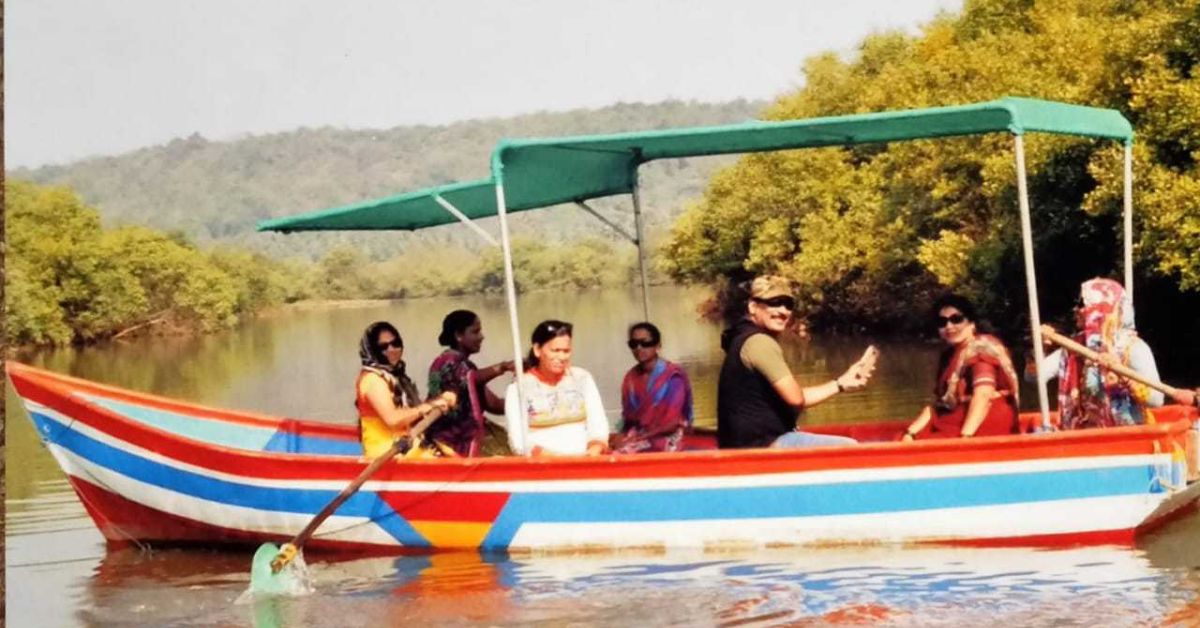
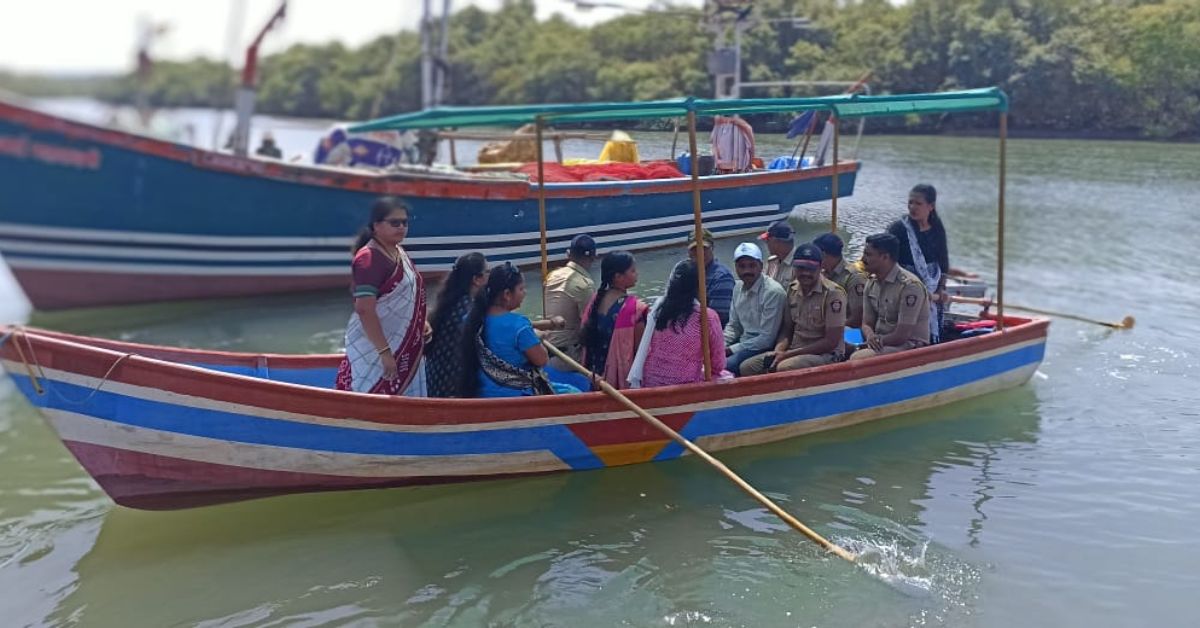
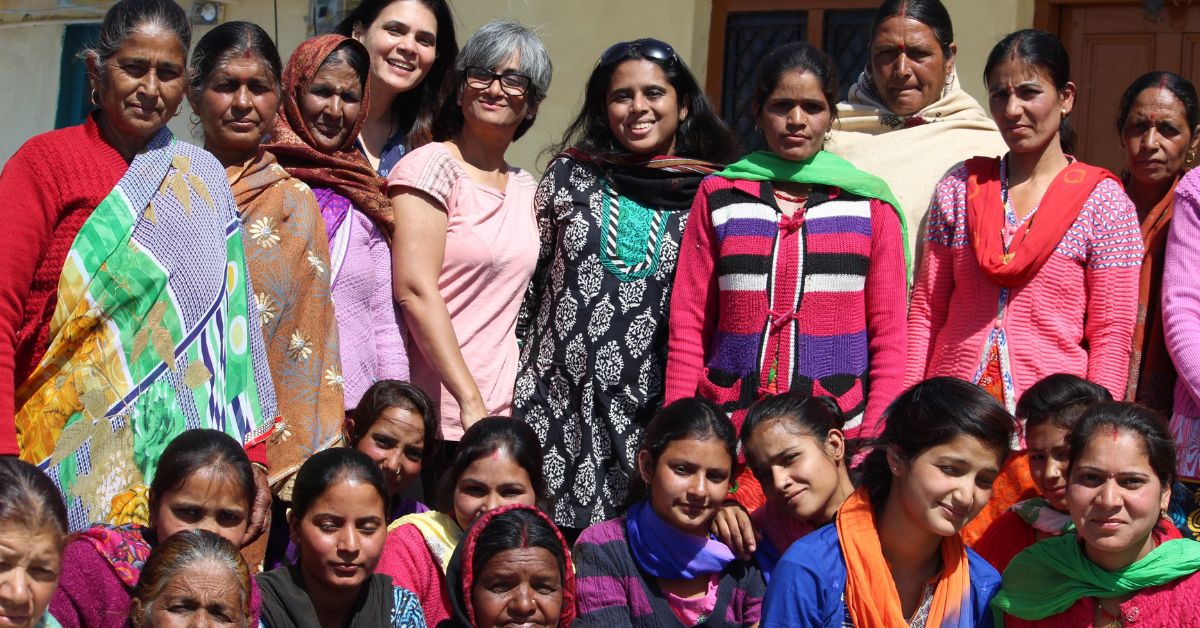
For the love of tradition and surroundings
Sindhudurg accounts for 3.8 % of the whole mangrove vegetation within the state. This, and the wealthy biodiversity of the area make it a beautiful spot for tourism, noticed Mumbai-based Rashmi Sawant. On a spree of organising self-help teams throughout the nation in 2013 underneath her initiative ‘Tradition Aangan’, Sawant noticed nice potential within the area.
That very same yr, she drew up a plan for mangrove eco-tourism and pitched it to the officers from the United Nations Growth Programme (UNDP). Titled ‘Mandavi Mangrove Eco Tourism’, the plan highlighted how girls of Sindhudurg may prepare boating journeys to the creek, arrange homestays the place they’d welcome vacationers, and make home made pickles and squashes via which they may earn extra.
In the meantime, Hule, who had dreamt of one thing like this for years, was most elated when a UNDP consultant made their technique to the village in 2016. “I advised the consultant about my dream and confirmed her the birds, the otters, and the timber close to the creek. I advised her that we may deliver vacationers right here to see all of this,” Hule notes.
Nonetheless, the official was extra within the mangroves. “What is going to you inform the vacationers about these vegetation?” she requested a perplexed however excited Hule.
“I’ll study every part about them,” Hule replied. She was excited on the prospect of understanding extra concerning the vegetation that she had typically admired herself. “I used to be desperate to learn about their makes use of, advantages, how they helped the surroundings and extra.”
This was the start of the ‘Swamini’ self-help group that contains 9 girls and one man within the Sindhudurg district. The group earns round Rs 2,00,000 a yr by charging each vacationer a fare of Rs 200 for the boating journey. They conduct a complete of seven boating journeys a day throughout season time. The ladies are supported by the workers of the Mangrove Cell underneath the Maharashtra Forest Division.
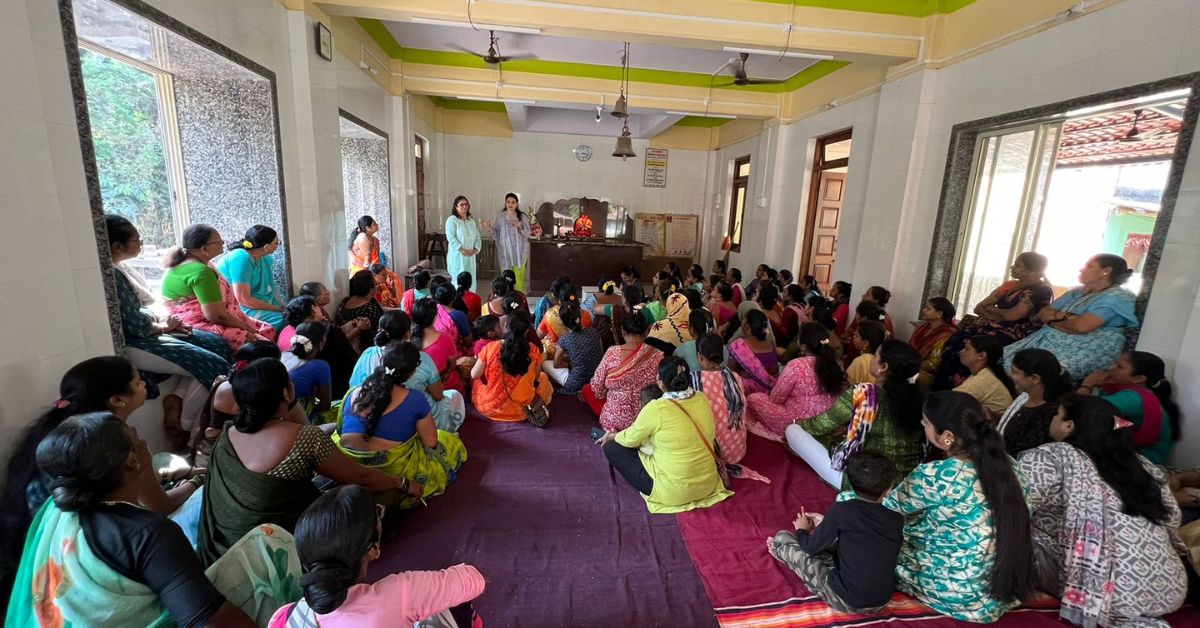
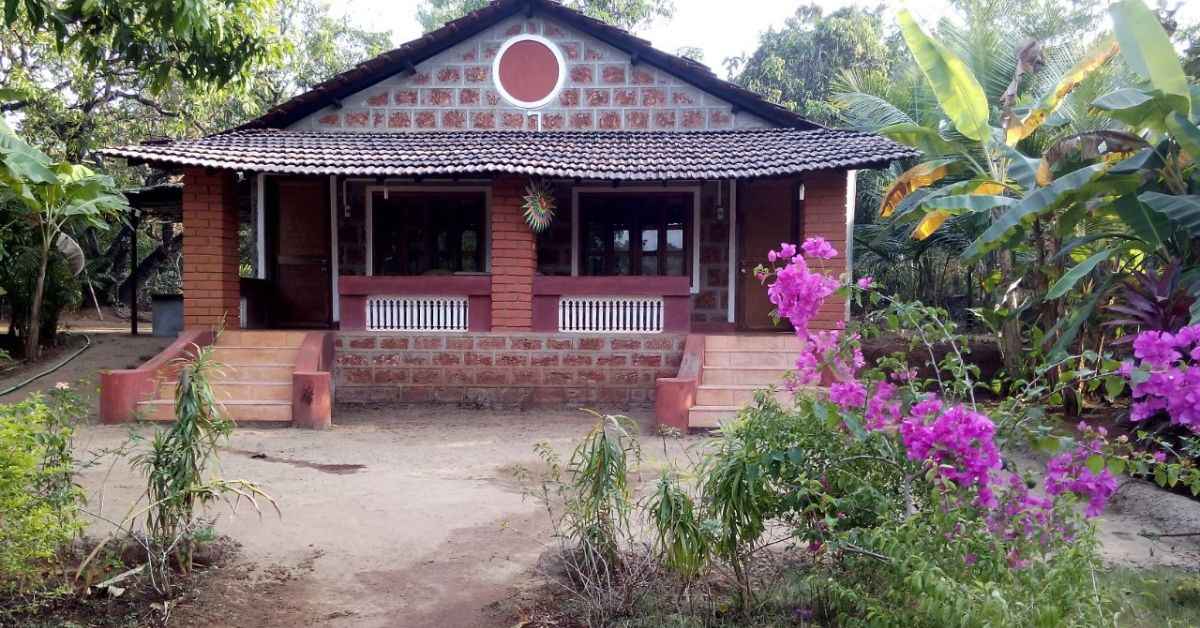
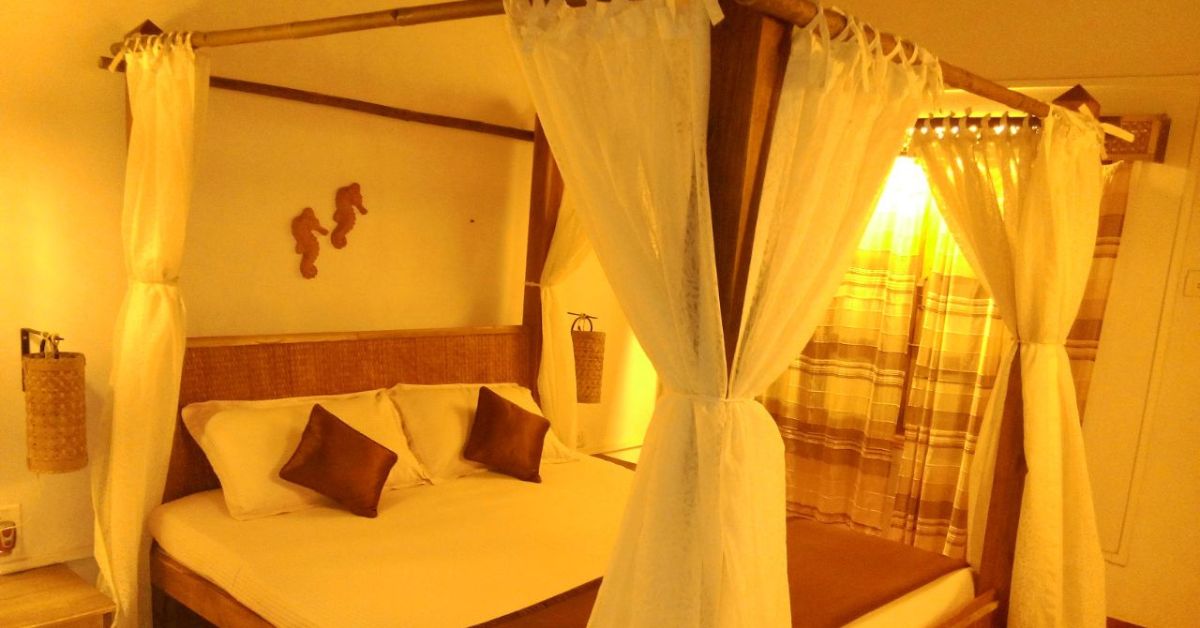
As Hule shares, this initiative, whereas serving to the ladies tackle management, has additionally turn out to be a mode of their monetary independence.
This makes Rashmi Sawant proud. As she notes, this is without doubt one of the many success tales of Tradition Aangan via which she makes an attempt to create journey experiences and journeys that can assist the villages of India turn out to be self-reliant.
From one girl to a different: the sensation of freedom
Among the many many tasks undertaken by Tradition Aangan, the self-help group mannequin stands out for its success in inculcating a way of duty among the many girls whereas additionally serving to them study the nuances of funds. Sawant shares that she has been instrumental in creating these fashions in Uttarakhand and Andhra Pradesh other than Sindhudurg.
However from her position as a tour supervisor in a journey firm to now on the helm of empowering girls, how did the transition occur?
“After my marriage, I travelled throughout a whole bunch of villages in India whereas accompanying my husband for work,” shares Sawant. The tales narrated by the ladies she encountered had a long-lasting influence on her. “A few of these girls would share how they discovered it robust to save lots of even Rs 10 a month. Issues weren’t good.” However why ought to girls face these issues when they’re splendidly expert?
This thought was accompanied by one other. What if the ladies borrowed from the international idea of homestays?
Sawant had been on the receiving finish of the hospitality prolonged to her throughout her keep on the ‘Mattress and Breakfasts’ within the UK whereas she was attending the ‘Edinburgh Worldwide Pageant’ — an occasion that celebrates the performing arts on a worldwide scale, in 2000. She was amazed at how the woman of the home earned by merely letting out a bed room and getting ready a meal for her company. If the ladies overseas may do that, why couldn’t the ladies of Sindhudurg do it too?
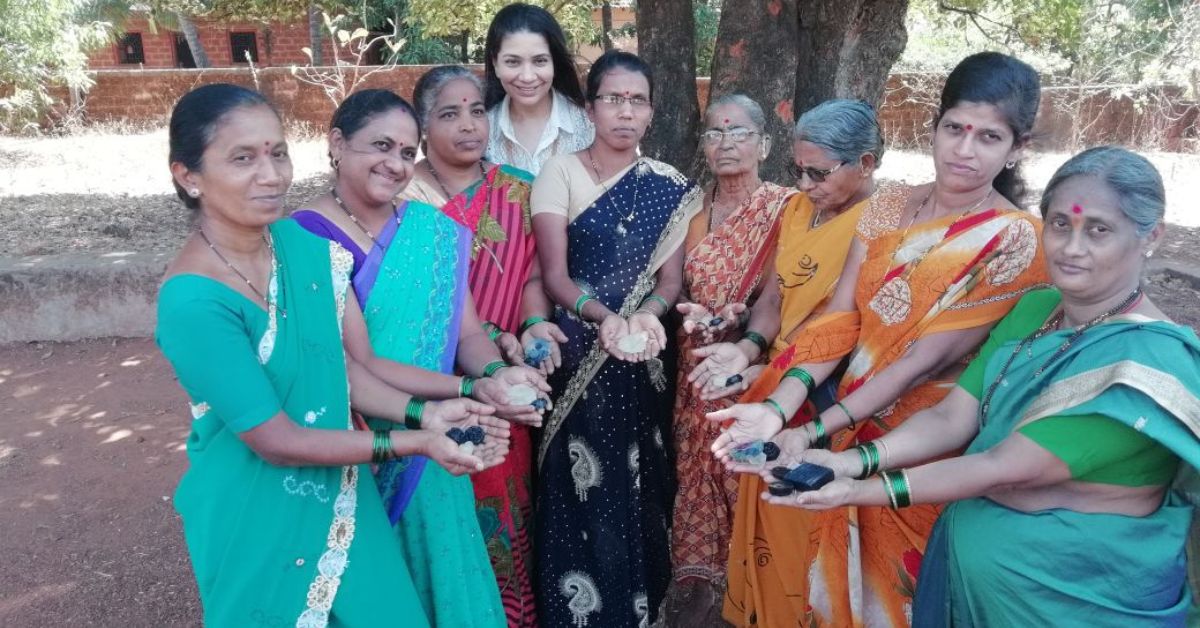
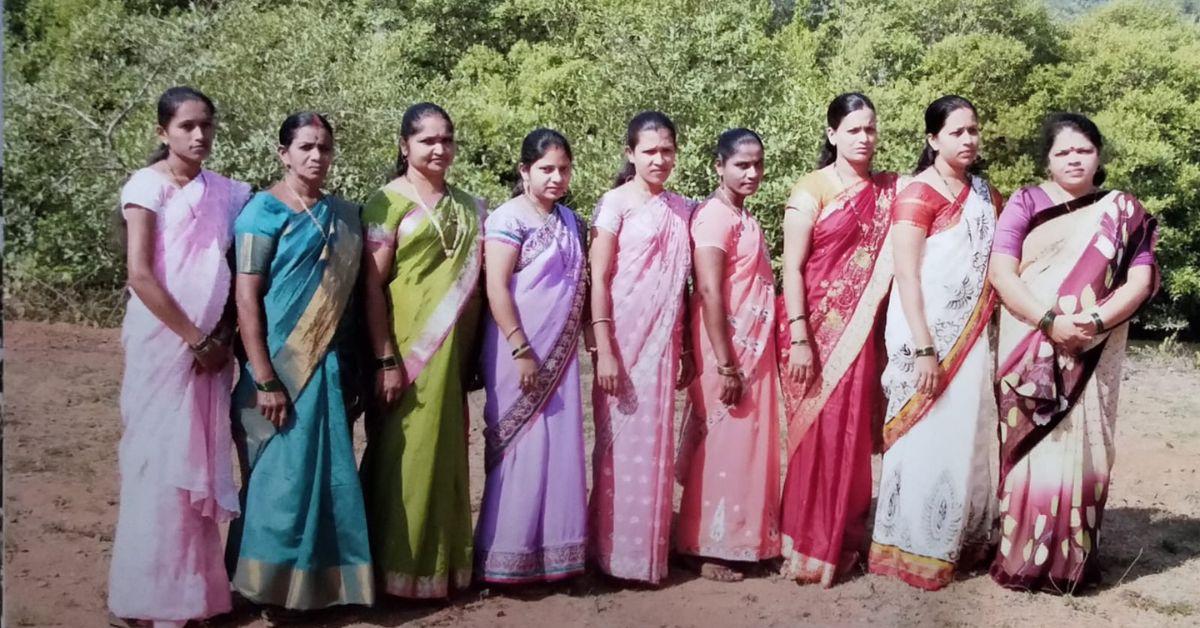
However would the village girls have an interest on this international idea?
The subsequent week, 50 girls of the village responded to an advert that Sawant had put out within the native paper about her thought, successfully answering her query. Out of the group, two girls raised their palms when Sawant enquired what number of wish to flip their houses into homestays. One of many first households to indicate curiosity was a pair, Vaishali and Vijay Loke. At present, their homestay, ‘Pitruchaya’ in Devgad, is a thriving success.
One other homestay, ‘Nandan Farms’ at Sawantwadi. run by Amruta Padgaonkar can also be amassing nice love from vacationers who’re eager to spend their trip at an genuine mud homestay. The locals weren’t left alone to determine the intricacies of working a homestay enterprise. Sawant hand-held them via the method.
“We obtained skilled consultants to return and prepare the ladies,” she notes.
However she was nicely conscious that merely inviting vacationers with the attract of an genuine keep wasn’t going to suffice. They wanted extra incentive.
Reviving crafts, conventional meals and nature tourism
Puppetry, as soon as the satisfaction of Sindhudurg, had assumed the standing of a dying artwork kind. The Pinguli village was a vibrant area the place marionettes danced to tunes and dialogues narrated by their puppeteer.
The village was residence to the Thakkar Adivasi neighborhood who had been often known as ‘paramparik kalakars’ (conventional artists). The story goes that the neighborhood acquired patronage from Chhatrapati Shivaji who granted them land round Pinguli within the mid-18th century. Since then, the neighborhood settled within the area, giving up their nomadic life-style to interact in efficiency crafts.
However, with time, these crafts started to lose reputation. So, when Sawant stumbled upon the village whereas scouting for native crafts that might entice vacationers, she was thrilled. Within the months that adopted, she arrange the puppet museum ‘Thakkar Adivasi Lok Kala Museum’ and obtained artists and designers on board to do a talent improve and design intervention workshop. “The intent was to coach the puppeteers in the right way to organise the reveals and create small merchandise utilizing their artwork,” she says.
At present, nobody who visits Sindhudurg goes again with out a go to to The Pinguli Arts Complicated dedicated to reviving and preserving the normal crafts. On show are conventional artwork types together with ‘Chitrakathi’ — the artwork of telling tales via footage, ‘Kal Sutli’ — a standard type of string puppetry and shadow puppetry.
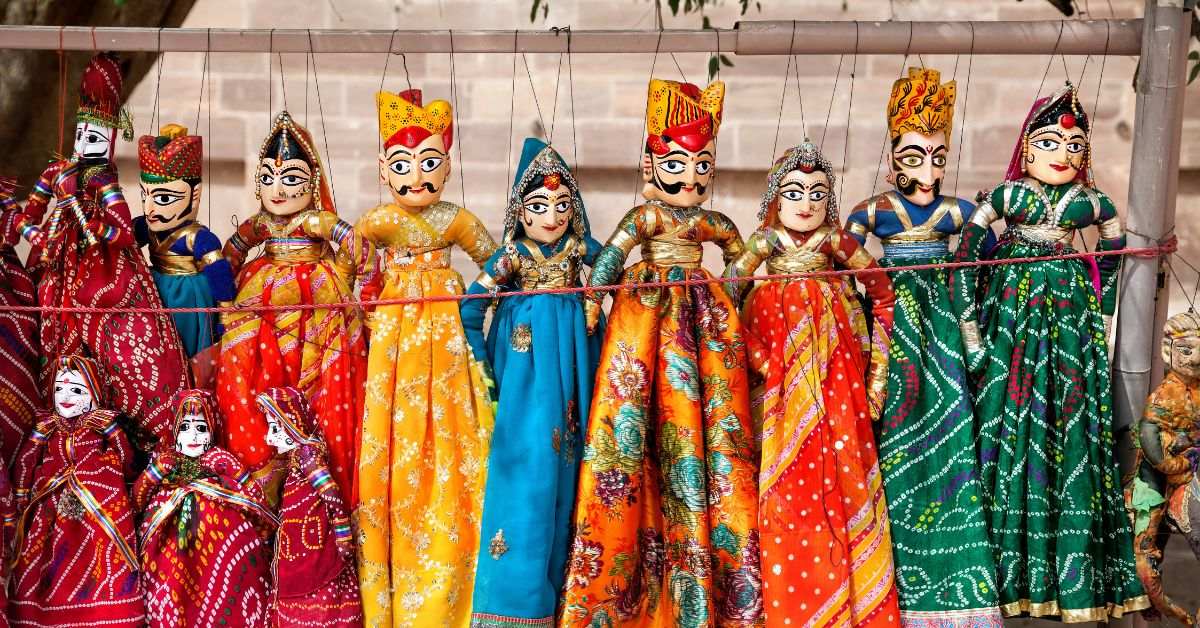
Along with the humanities advanced, Sawant was intent on serving to the ladies earn via a craft they knew finest — meals. Beneath the banner ‘Hirkani’, Sawant additionally mobilised 160 SHGs via which 300 girls had been inspired to supply squashes, pickles, and many others. The ladies at the moment are unbiased and these fares are bought on the homestays.
Following the success of the Sindhudurg mannequin, Sawant headed to Pali in Rajasthan the place she partnered with an area NGO ‘Educate Ladies’ that motivated the village girls to start out homestays. The concept was to push for monetary independence.
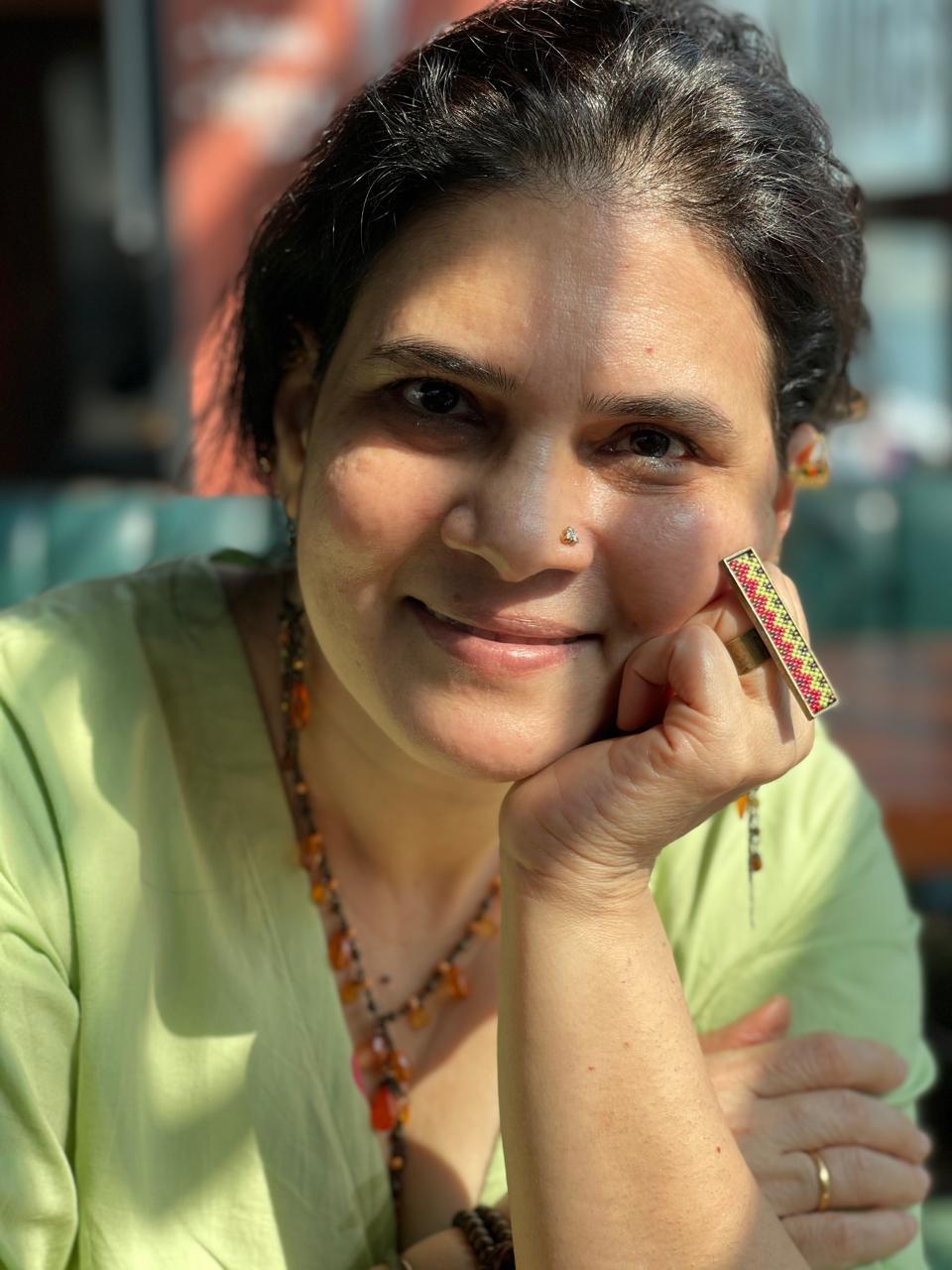
Sawant’s mission in Uttarakhand was in step with the state’s Agriculture Ministry on the lookout for concepts revolving round extra livelihoods in agriculture. Sawant seized the chance and pitched rural tourism as a possible thought. “At present the villages of India are empty. Persons are shifting away. Village tourism is not going to solely assist generate employment for the locals however give them a purpose to remain again within the villages.”
Sawant additionally began a textile upscaling mission within the state whereby she inspired 60 girls to earn via patchwork objects similar to quilts.
What’s fascinating is that Sawant’s slew of tasks aren’t solely centered on empowering girls however doing this whereas serving to metropolis people have an unparalleled vacation expertise. As an example, the agricultural tourism mission in Andhra Pradesh. She shares, “A village referred to as ‘Veerapuram’ was given to us to develop. The village is a hotspot for the migratory birds that come to nest right here from August to January yearly. Over hundreds of those birds flock right here.”
Sawant organised 20 girls into self-help teams that might conduct and profit from fowl tourism. “The ladies had been educated to take the vacationers across the village, clarify to them about these birds and their migration patterns and present them their nests.”
As Sawant seems to be again on how she has succeeded in bridging the hole between vacationers on the lookout for experiential journey on one aspect and villagers seeking to earn on the opposite, she smiles saying, “I’ve a imaginative and prescient to assist 5,000 girls within the subsequent few years. As a result of each girl empowered is a household empowered.”
Edited by Padmashree Pande
